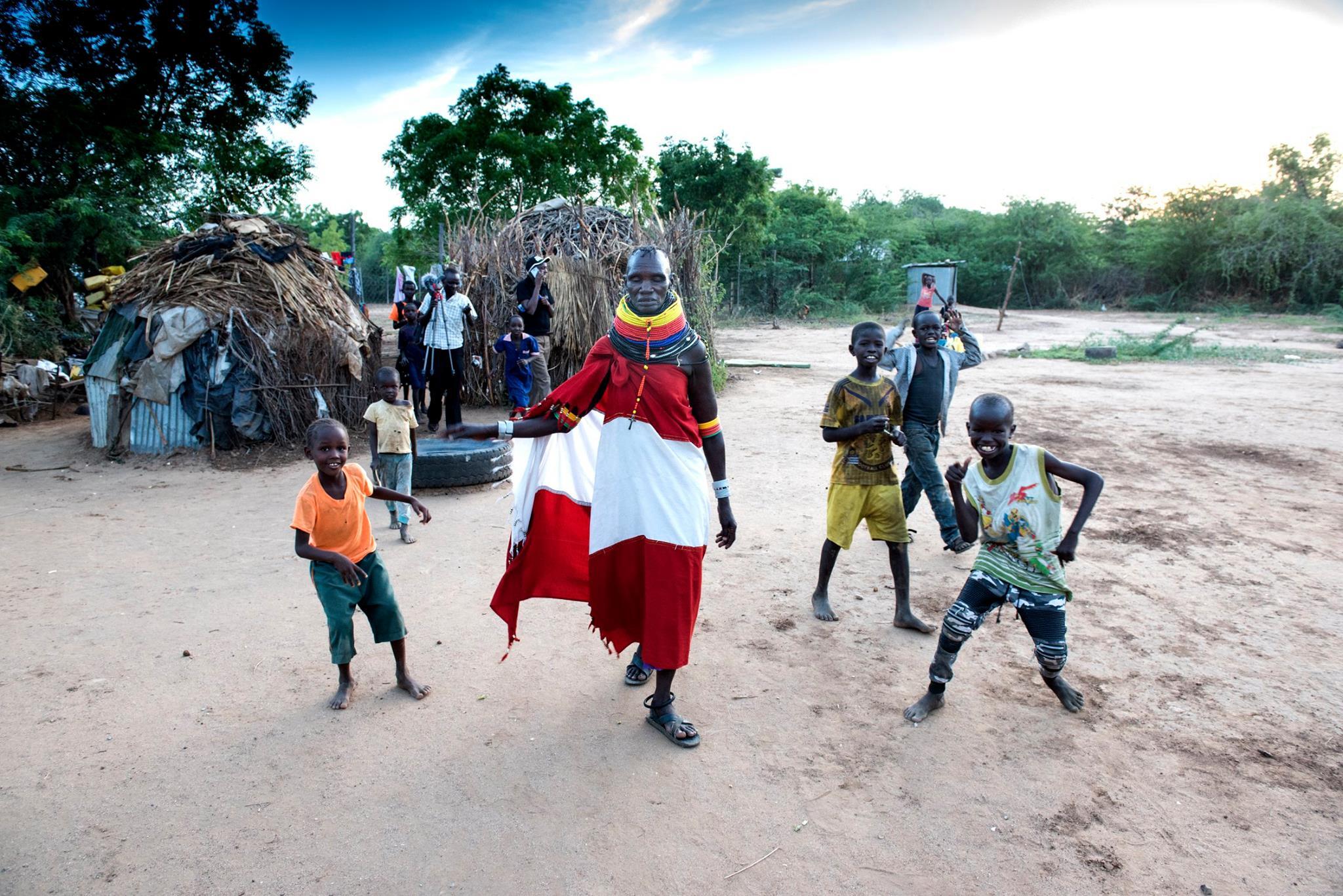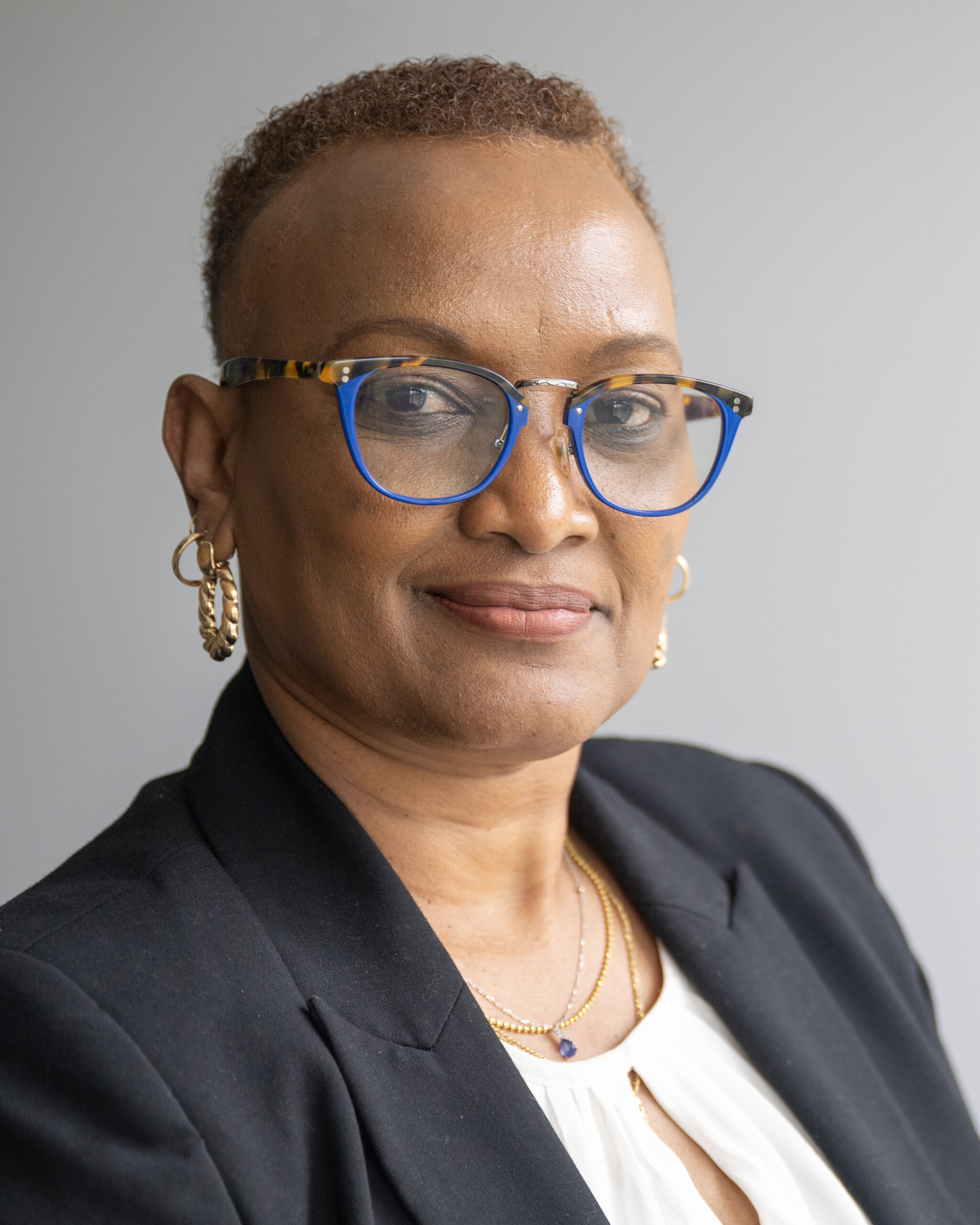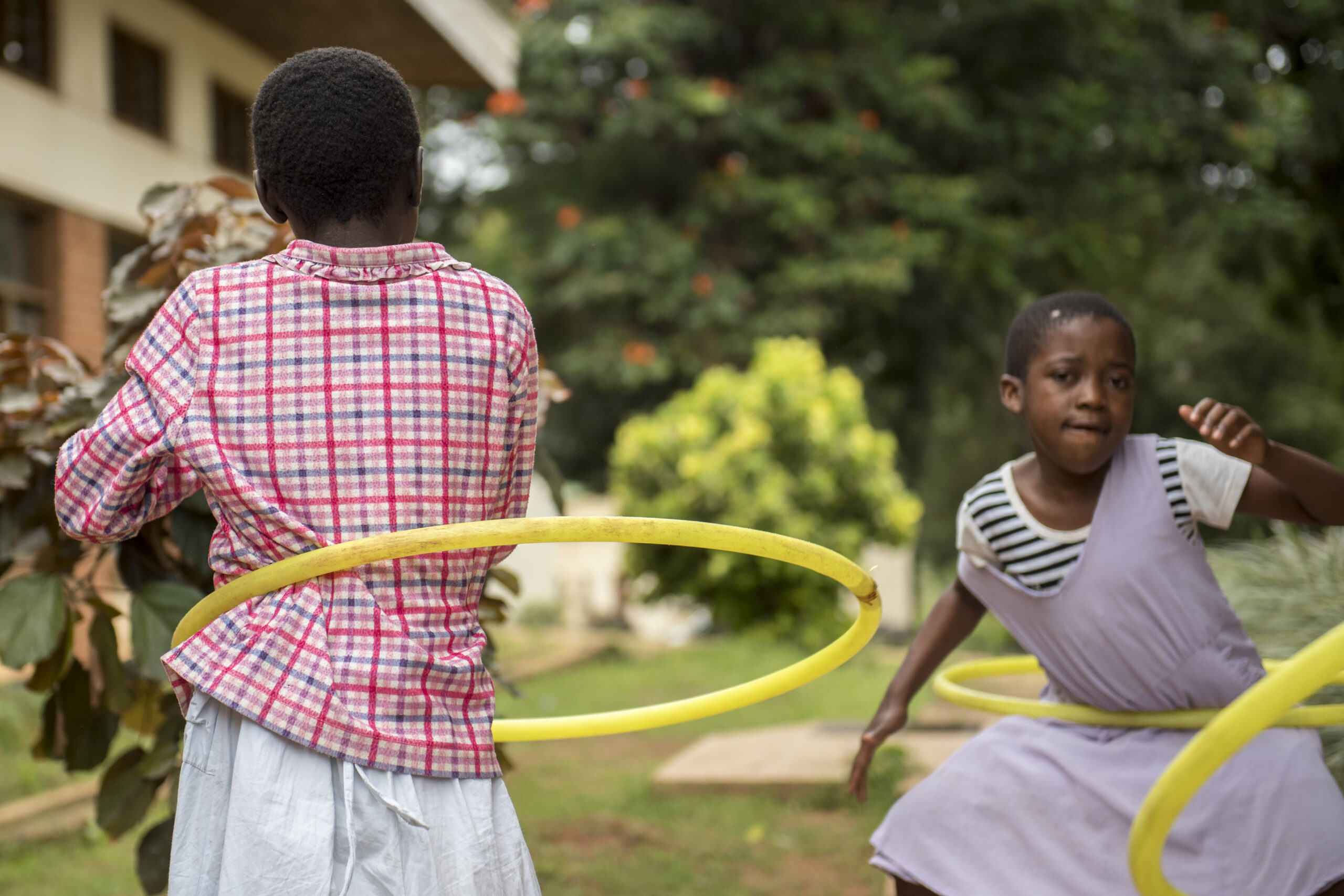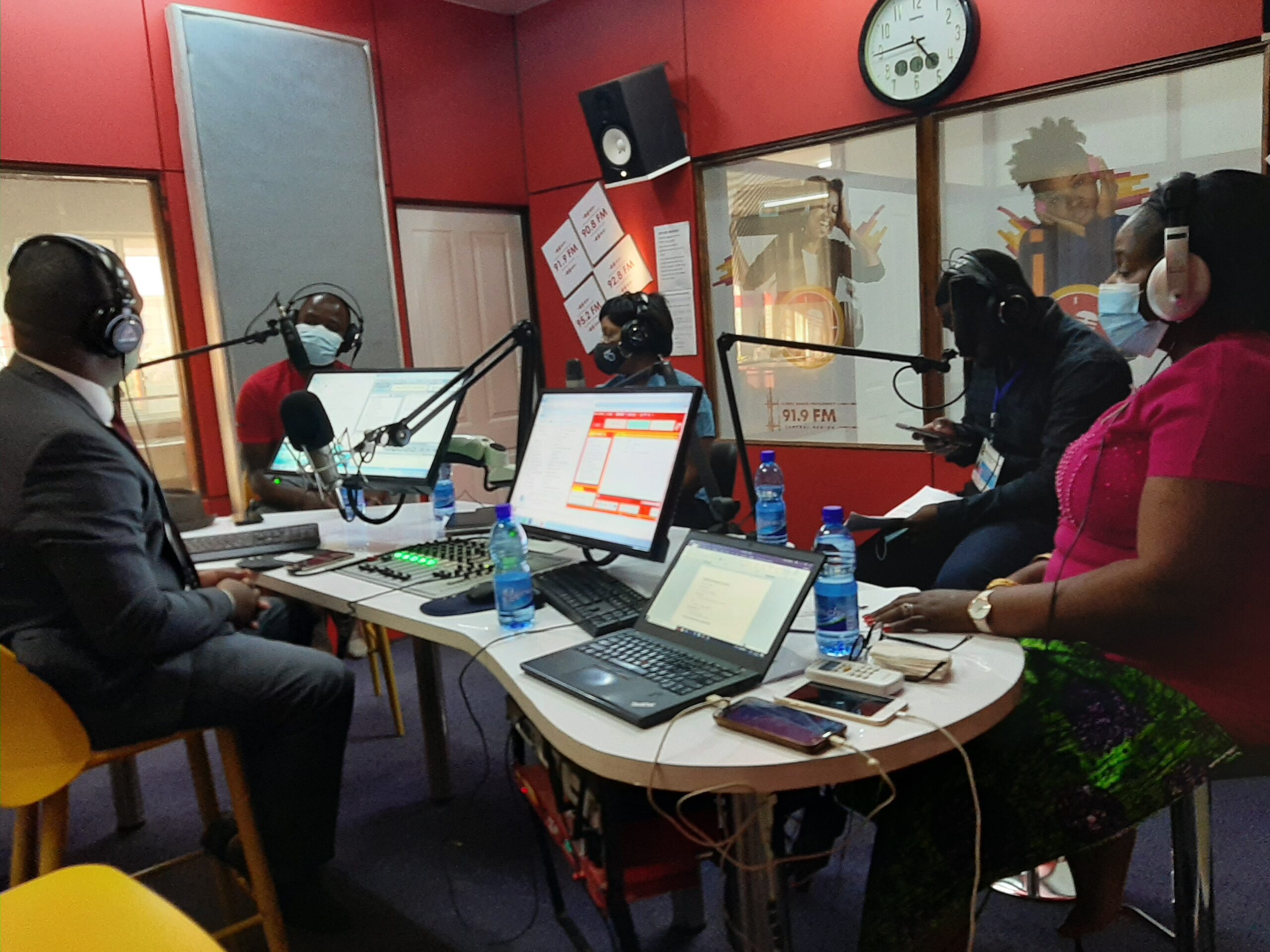Margaret Awong’o lives in Lochorekaal, a village of about 20 families in northwest Kenya, not far from the South Sudan border. The villagers raise camels, weave baskets for barter, and gather wild fruits from the surrounding desert. As pastoralists, men and boys are often on the move, leading livestock to fresh grazing sites, leaving the women and girls to look after the general welfare of the village.
Margaret, a mother of seven children, is the village’s traditional birth attendant; a position that holds much respect. Until recently, Margaret would rely upon the wisdom of her grandmothers, prescribing herbal supplements and other Turkana remedies, and served as midwife for home births.

But Margaret no longer attends home births. Eighteen months ago, she was trained in maternal and child health at the AIC Health Centre, which expanded HIV services through Pamoja, a project directed by the Elizabeth Glaser Pediatric AIDS Foundation (EGPAF). Margaret now serves as a lifeline between her village and the health center. She was educated in the basics of HIV prevention, care, and treatment; reproductive health; antenatal and postnatal care; and nutrition. She was also trained to identify danger signs in pregnancy so that she can refer emergencies to health workers.
As a health promoter, endorsed by her village chief, Margaret continues to hold a position of respect. When her chief holds a baraza (village meeting), he gives Margaret time to speak to the community about health issues, including the importance of facility births.

“In my childhood, there was no HIV,” says Margaret through an interpreter. “But at this moment we are not advocating home delivery because you don’t know if the mother has HIV. We tell women to go to the facility. We are not able to support HIV [prevention and care] in the village.”
Margaret is enthusiastic about her new role shepherding women through antenatal care and delivery. When expectant mothers come to the AIC Health Centre, they are tested for HIV so that they can be put on antiretroviral medication if they are HIV-positive. Being linked to care means that HIV-positive mothers can be enrolled in prevention of mother-to-child transmission of HIV (PMTCT) treatment during pregnancy and breastfeeding, virtually ensuring that their children will be HIV-free. Children who have been exposed to HIV are can be tested and diagnosed early.
Margaret says that her training and link to the health center provides families in her village with other benefits. For example, previously she was unable to deal with complications during delivery, such as massive bleeding, and that the health center is better equipped for emergencies.
“When a woman in my village is pregnant, I ask about the movement of the baby. If it is not moving, I know that baby is in danger, and I advise the mother to go to the facility. A pregnant mother who is weak all of the time … I talk to her about going to the facility to be tested for malaria. If I see a woman in the village nearing labor, I say, ‘Why are you here? You should be at the facility; you could have a complication.’”
Margaret is one of 20 traditional birth attendants stationed in villages around the AIC Health Centre. They meet monthly for further training and to discuss their work. Although this is an unpaid position, the facility is able to provide lunch and distribute lesos (scarves) and shukas (body cloths), simple luxuries in this poor region of Kenya.

Since the health center began working with traditional birth attendants, the number of facility births has doubled from an average of 15 per month to 30. Margaret herself has linked eight pregnant women in her village to antenatal care and facility birth.
In addition, once a week, Margaret (with a fellow traditional birth attendant, Alice) takes to the airwaves, to discuss maternal and child health and dispense advice through the Voice of Turkana, a four-hour call-in show at Biblia Husema, Lokichogio’s Christian radio station.
“They are well informed,” says Andrew Silale, the show’s host. “Any question asked by the audience they do answer it correctly, along with the nurse who does come with them on the radio.” Andrew says that they take about 20 calls on topics such as HIV, vaccinations, and nutrition.
“HIV … we really we do touch it in every program,” says Andrew. “We tell [listeners], ‘When you conceive it is better that you to go to the hospital so they can diagnose if you are infected and guide you.’ We say that when you cut the umbilical cord [during a home birth], you risk infecting the young one with HIV. And also we say to the men that it is important to go with your wife to the health center so that you all can be tested.”
“Because they are known mothers, they can talk about the danger signs of a pregnancy or the milestones of the mother,” says Esther Erot, the AIC nurse who joins Margaret and Alice on air. “They tell [listeners] that in the past it was like this, but we are no longer in the past, so we have to stay current.”

“When they talk to us in the vernacular, the people listen,” says Andrew. When I go out, people tell me, ‘Andrew it is good.’ Even the people from Uganda do listen. They appreciate that we reach them in our mother tongue. They say, ‘These are our moms. They are really people from the land,’ and they take them as leaders.
“They are the lights of the community.”




